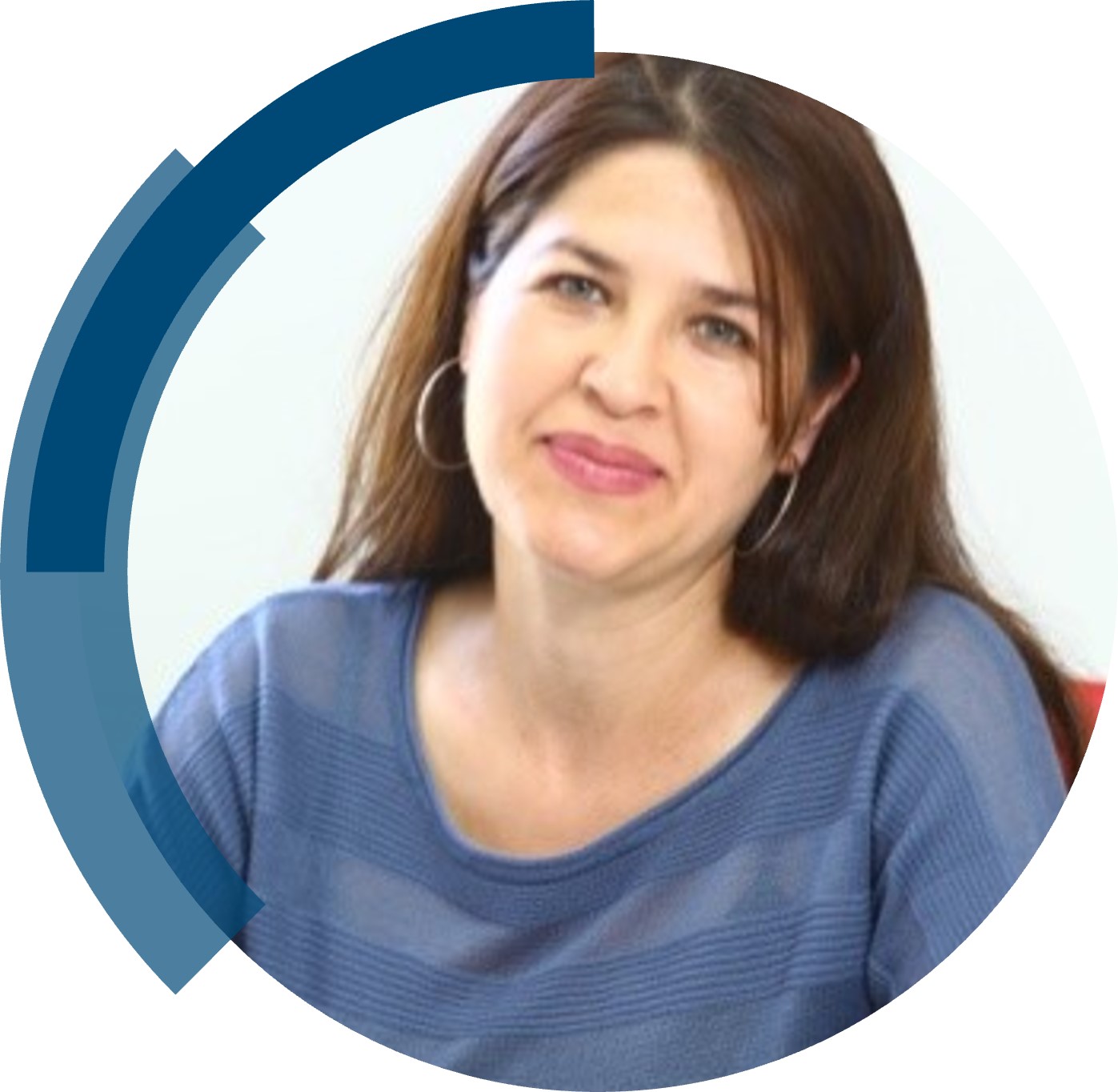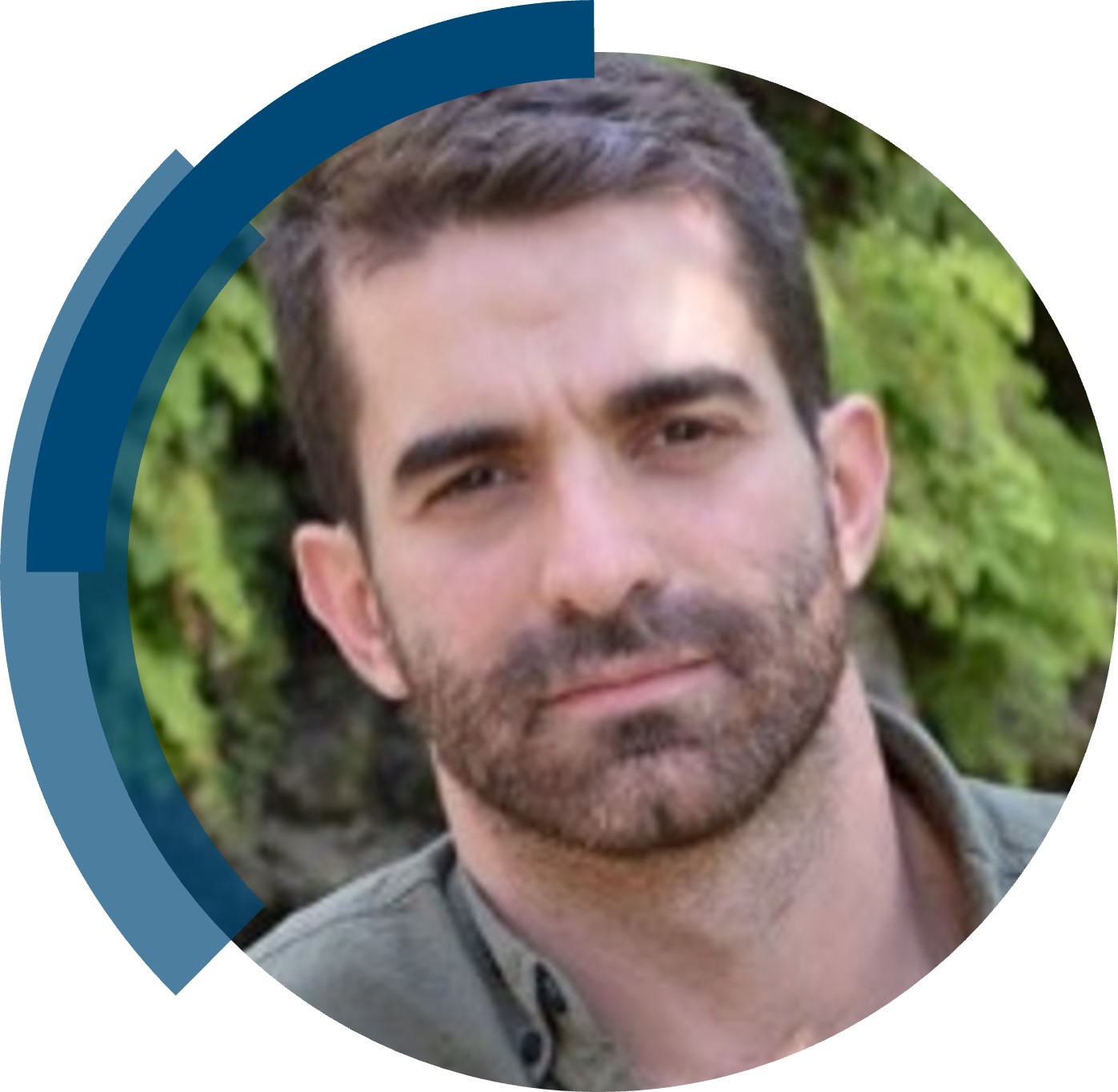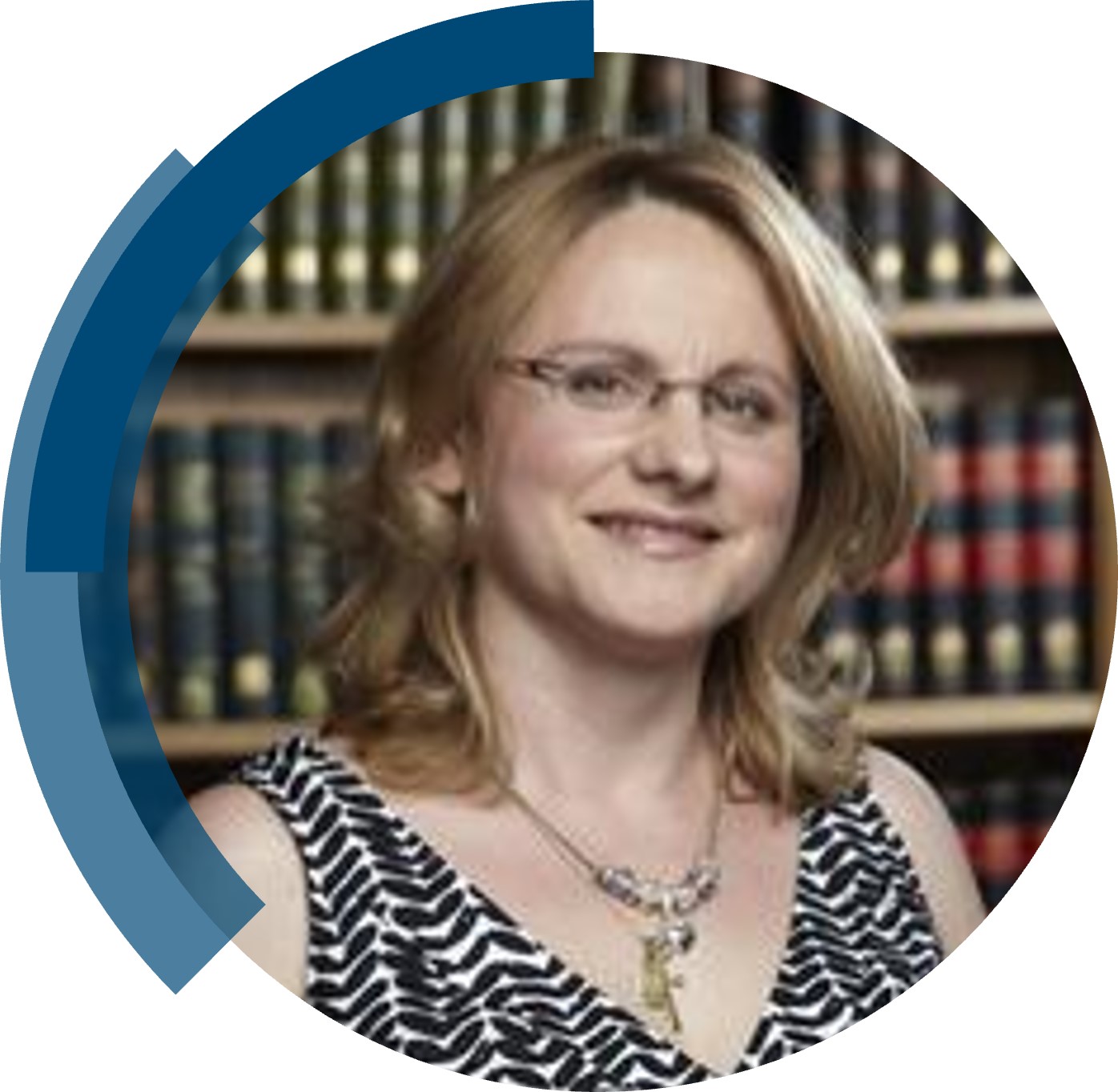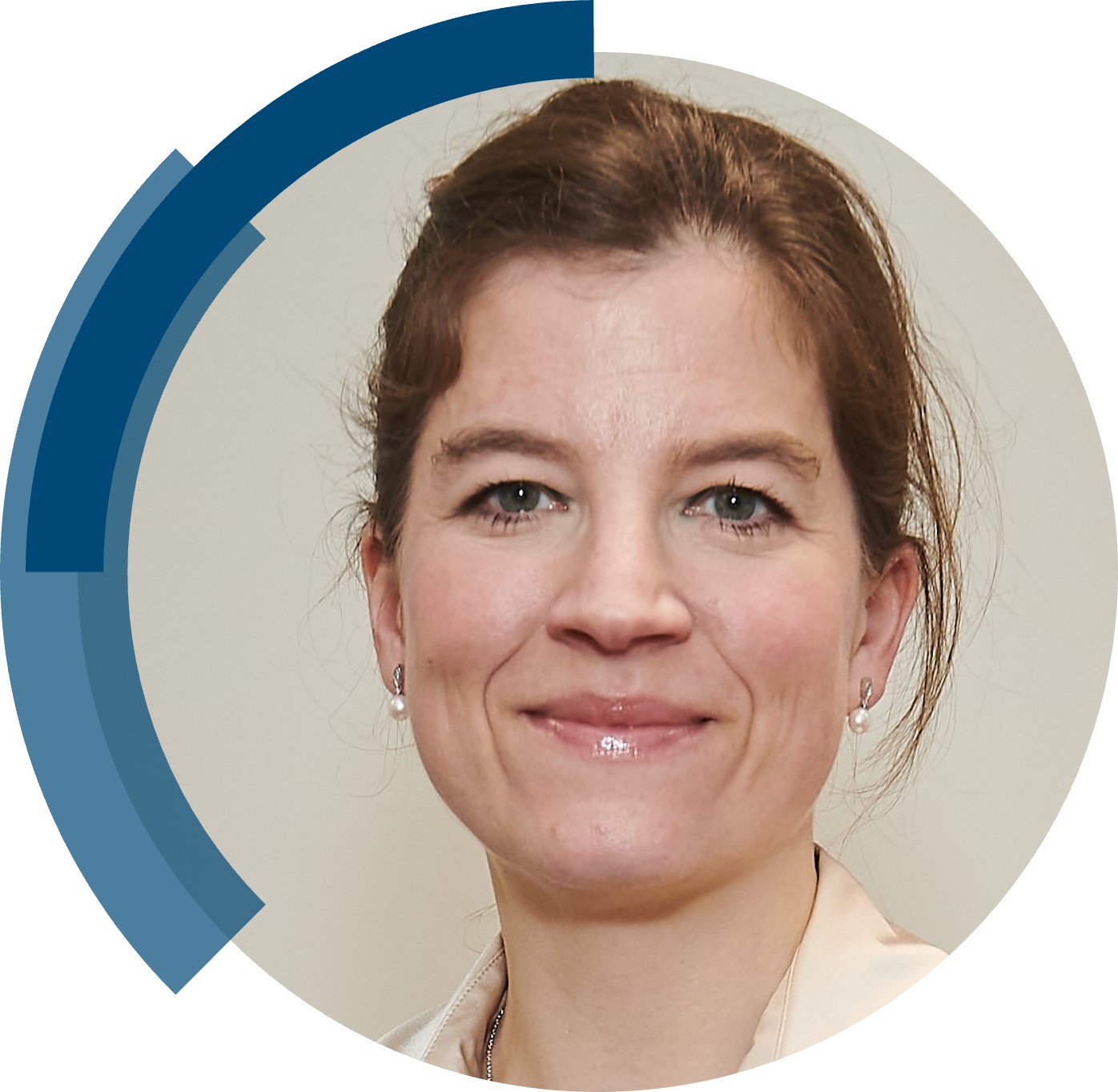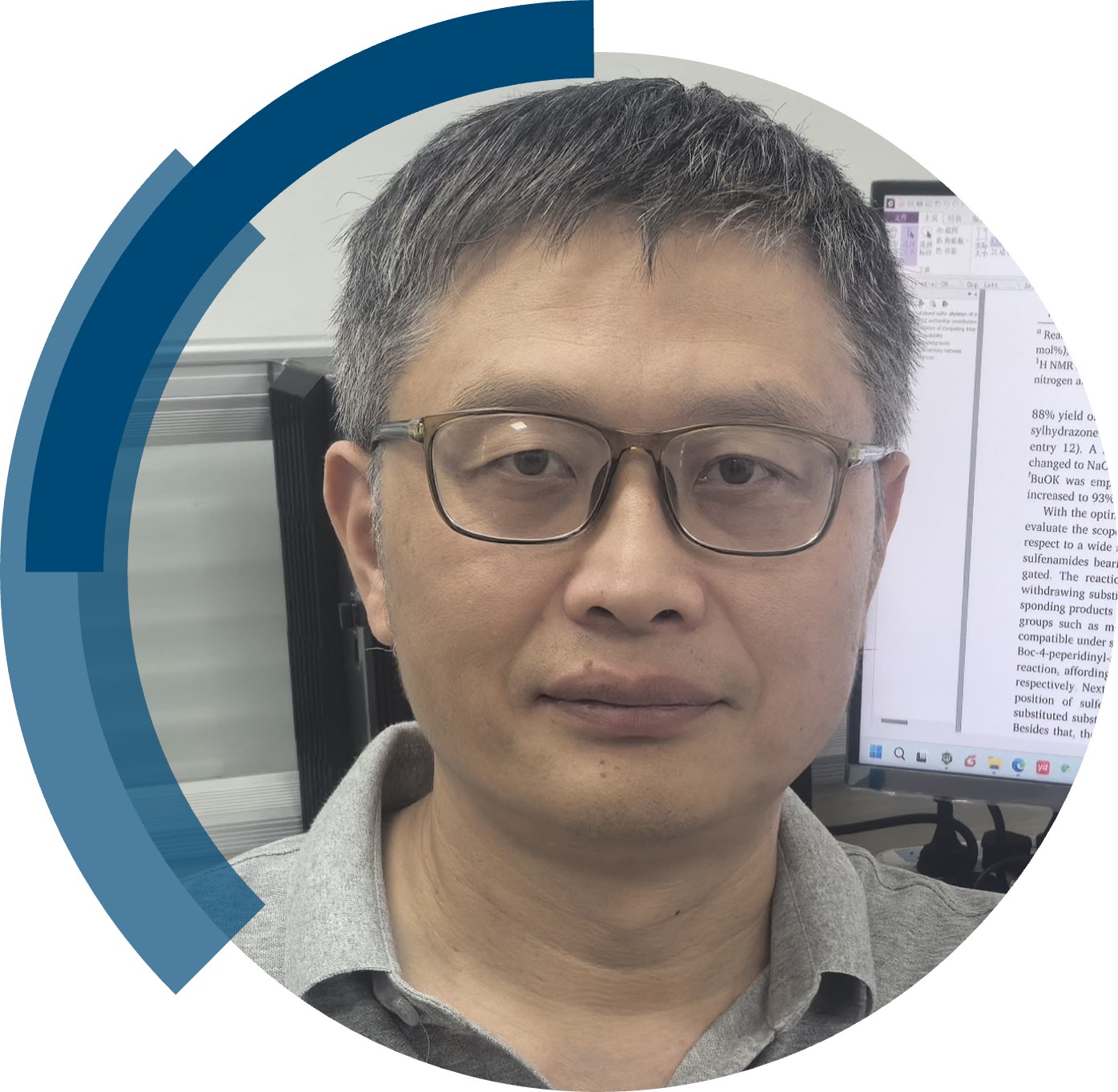ChemComm is publishing its 60th volume in 2024. Over the past 60 years, ChemComm has been the RSC’s most cited journal, and one of the most trusted venues for rapid publication of short communications. In our anniversary year, we recognise the important contributions ChemComm has made, and continues to make, in advancing the chemical sciences.
As part of our anniversary celebrations, we’ve brought together a collection featuring the latest research from some of our most loyal and dedicated authors. From those marking the beginning of their independent academic career by publishing their first article with us, to the rising stars and established leaders publishing in our yearly ‘Emerging Investigators’ and ‘Pioneering Investigators’ collections, this collection champions the contributions of our worldwide author community. We are proud many authors choose to support our journal by regularly publishing their best work with us. This collection also features papers from our ChemComm Emerging Investigator Lectureship winners, and our Outstanding Reviewer awardees, whose invaluable feedback has shaped our published content through the years.
To accompany the collection, we’ll be publishing interviews with contributing authors where they provide further insight into their research and reflect on their journey with ChemComm.
Check out our interview with Professor Mine Ince (Tarsus University, Turkey) below!
What is your favourite thing about ChemComm?
One of my favorite aspects of ChemComm is its quick response time, which ensures that research is reviewed and published efficiently. The fair evaluation process adds to its appeal, providing a balanced and rigorous review while maintaining a smooth workflow. Additionally, the journal’s concise format, with short, impactful pages, makes it highly accessible and attractive for both authors and readers. These qualities combined make ChemComm a standout platform for publishing high-quality research.
In what ways do you think ChemComm stands out among other journals in your field?
ChemComm stands out in the field for several reasons. Its fast response time is a significant advantage, allowing authors to quickly share their findings with the scientific community. The fair and thorough evaluation process ensures that the work published is of high quality, while maintaining an efficient review cycle. Additionally, ChemComm’s historically strong Impact Factor (IF) highlights its influence and the value of the research it publishes. These attributes make it a highly favorable choice for researchers looking to publish cutting-edge work in chemistry.
How would you describe the peer review process and interaction with the editorial team at ChemComm?
It’s difficult to make a broad generalization about the peer review process, as each experience can vary. However, I can confidently say that the editorial team at ChemComm is outstanding. They provide fair evaluations and respond quickly, all while being encouraging and polite in their communication. This professionalism and efficiency create a positive and supportive environment for authors throughout the submission process.
Are there ways in which the journal can further support and engage with future generations of scientists?
I believe that personal contact is a more effective way to engage with authors than general public mailings. Direct invitations create a stronger connection and make the engagement feel more meaningful. By continuing to foster personalized communication and offering tailored opportunities for collaboration, ChemComm can further support and inspire future generations of scientists. These personal interactions help build lasting relationships and encourage more active participation in the journal’s community.
Could you provide a brief summary of your recent ChemComm publication?
In my recent ChemComm publication, I focused on the preparation of hole-transporting materials (HTMs) and their application in perovskite solar cells. The study highlights how these newly developed HTMs improve the efficiency and stability of perovskite solar cells, contributing to advancements in the field of solar energy conversion. This work demonstrates the potential of novel materials to enhance the performance of next-generation photovoltaic devices.
In your opinion, what are the next steps or potential areas of research that could build upon the findings in this paper?
In my opinion, the next steps for advancing perovskite solar cells should focus on improving efficiency and stability through material engineering. This includes developing low-cost, high-performance hole-transporting materials (HTMs) and electron-transporting materials (ETMs). Additionally, research could explore the use of passivating agents to heal structural defects in perovskite materials, which could significantly enhance both the efficiency and stability of the solar cells. By addressing these areas, we can pave the way for more robust and commercially viable perovskite solar technologies.
Be sure to read Prof Ince’s full article, “Asymmetric phthalocyanine-based hole-transporting materials: evaluating the role of heterocyclic units and PMMA additive” to learn more!



